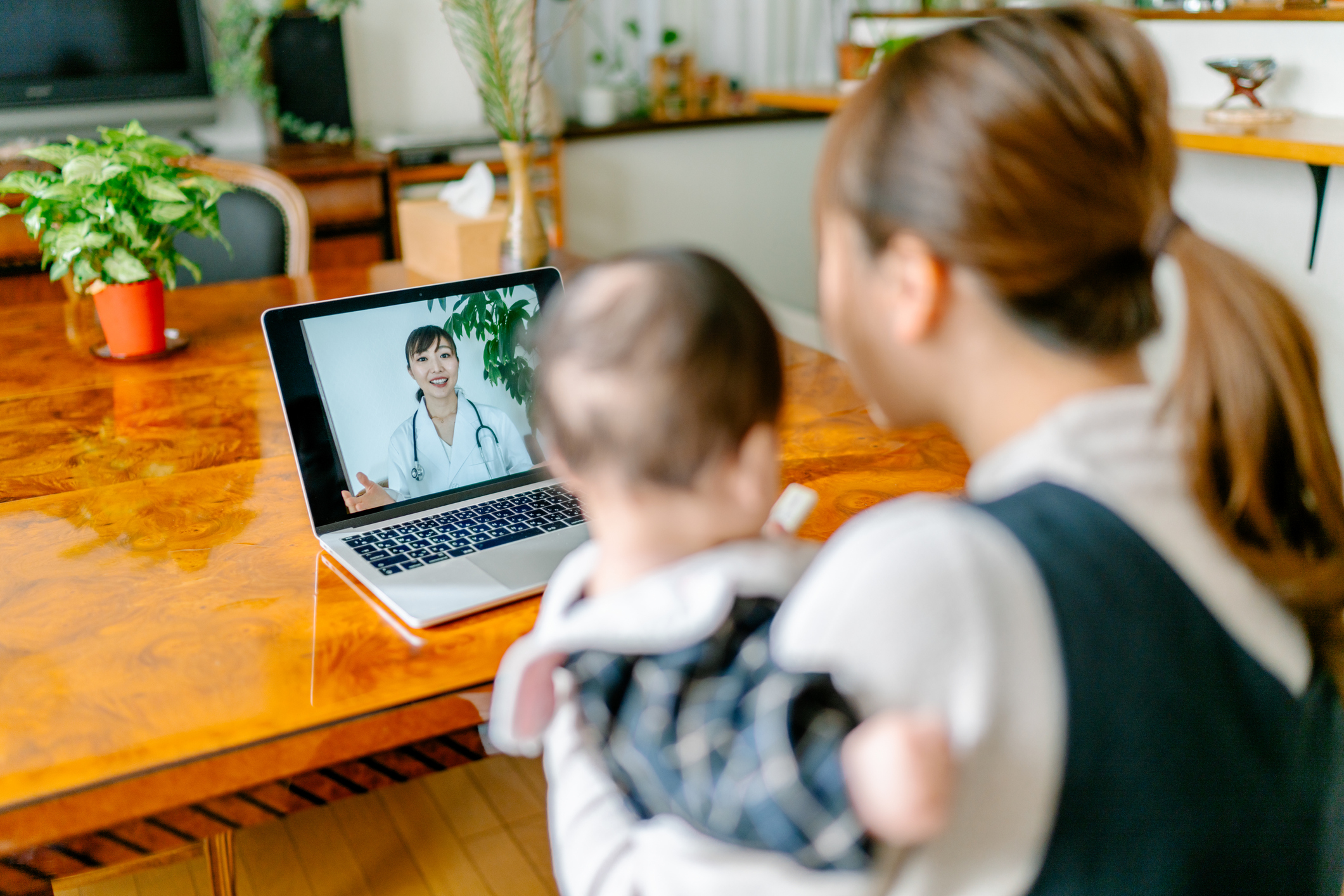Each day I get a large number of calls from parents inquiring about their child’s well visits. COVID-19 has raised a lot of questions and concerns. They are unsure if keeping these appointments could expose their child to illness — but also want to be sure they are keeping up with checkups and the vaccine schedules.
All of these feelings are understandable. So before your little one’s next visit, here some questions to ask your doctors to help you determine the best decision for your family.
Is it important to get the vaccine at the scheduled time or should we wait until things get better?
This is by far the most asked question. Sadly, it is a complicated answer. We don’t have a set timeline of when things will truly be better and we don’t know if there will be another wave of COVID-19 and if so, when would this second wave be.
The best option at this point is to have our children vaccinated before there’s an outbreak of a vaccine preventable illness — which can occur with the lack of vaccinating our children as with the Hemophilus influenza in Minnesota in 2008 and the 2019 Measles outbreak.
Pediatricians are keeping our offices open for well visits because of the importance of vaccines.
Are your offices separating appointments for well and sick?
During this pandemic, it’s very important to separate the well and the sick visits. In our office we have well visits in the morning and sick visits in the afternoon. This way after the office is closed, we are able to sterilize all our rooms and have plenty of time to see well visits the next day.
Can more than one parent come to the visit?
Ask that question ahead of time in order to prepare yourself for any disappointment. Many offices will ask for that only one parent come in to limit the amount of traffic in the office. Sometimes that’s not possible depending on each situation, but ask ahead of time.
Can a sibling come in for the appointment?
It would make sense if both children are there for vaccines or a well visit, but if only one needs to be seen — for your child’s safety -— keep unnecessary exposure to a minimum.
Should we be wearing a mask?
Most places still require the parents to always wear a mask and any child over 2-years-old to try to keep their mask on.
My spouse is sick, but the rest of the family isn’t exhibiting symptoms. Should we still come in?
Call your pediatrician to ask this very important question. Most offices will not let you come in if there’s a household member that is actively sick. Other offices might make your appointment as the last visit in their well visit schedule since they will be seeing sick appointments in their latter part of the day.
Should I call the front desk when we arrive for our visit?
Many offices are changing their check-in processes. If your child is sick, they may have a different entrance to limit the contamination of the office.
Rest assured that your children’s pediatrician is trying to do the best they can in this current climate. Virtual Telehealth visits are a great tool, but it still remains important to keep the appropriate vaccine appointments to prevent any preventable illnesses.
Our newborns and vaccine well visits will still need to come in, since it’s hard to videochat a vaccine and this will keep our young children healthy from vaccine-prevenatable illnesses.


